Time Period: Divergent Prosperity and the Arc of Reform (1968 - 2022) - Starting with L
aka: Thomas Paulsley LaBeff
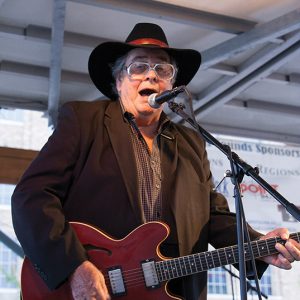 Sleepy LaBeef
Sleepy LaBeef
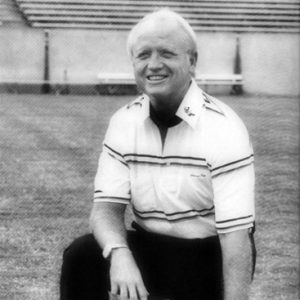 Larry Lacewell
Larry Lacewell
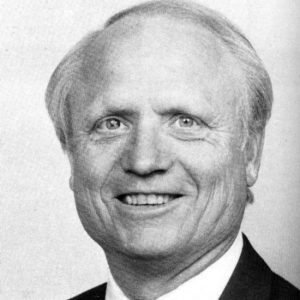 Larry Lacewell
Larry Lacewell
Lacewell, Larry Wayne
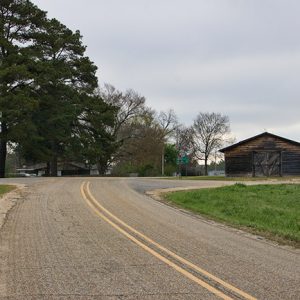 Lacey
Lacey
 Lackey's Hot Tamales
Lackey's Hot Tamales
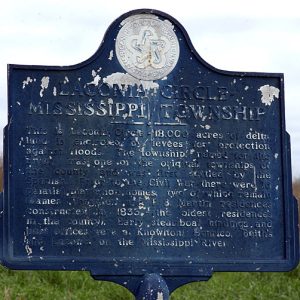 Laconia Circle Levee Monument
Laconia Circle Levee Monument
 Ladder for ALI
Ladder for ALI
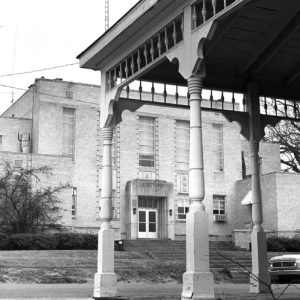 Lafayette County Courthouse
Lafayette County Courthouse
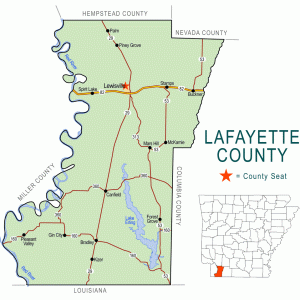 Lafayette County Map
Lafayette County Map
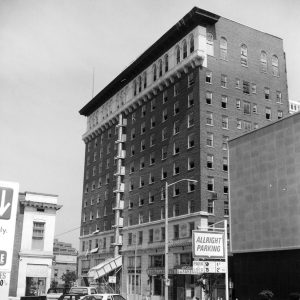 Lafayette Hotel Remodel
Lafayette Hotel Remodel
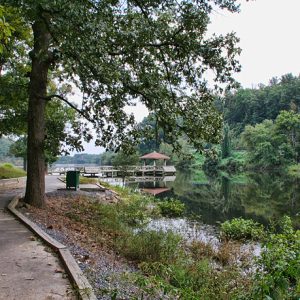 Lake Bennett
Lake Bennett
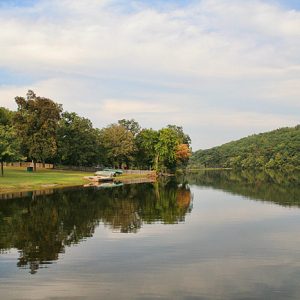 Lake Bennett
Lake Bennett
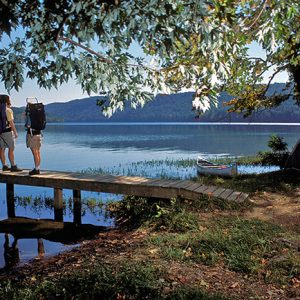 Lake Catherine State Park
Lake Catherine State Park
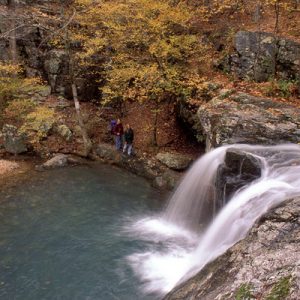 Lake Catherine State Park
Lake Catherine State Park
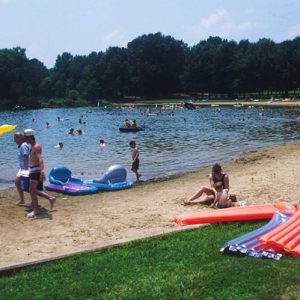 Lake Charles State Park
Lake Charles State Park
Lake Chicot State Park
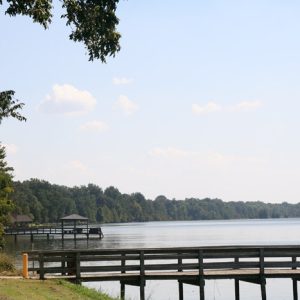 Lake Chicot State Park
Lake Chicot State Park
Lake Conway
aka: Craig D. Campbell Lake Conway Reservoir
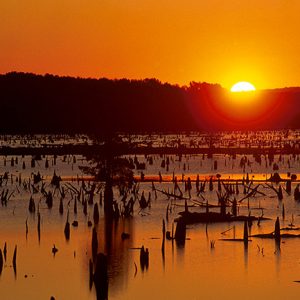 Lake Conway
Lake Conway
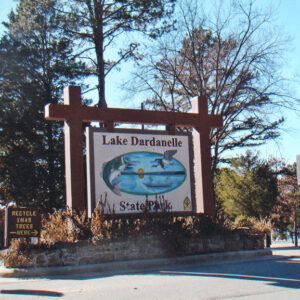 Lake Dardanelle Entrance
Lake Dardanelle Entrance
 Lake Dardanelle State Park
Lake Dardanelle State Park
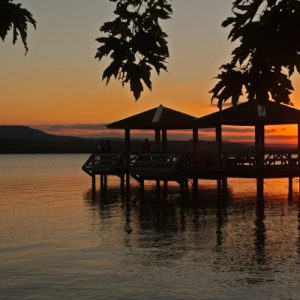 Lake Dardanelle State Park
Lake Dardanelle State Park
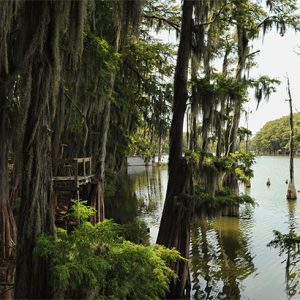 Lake Enterprise
Lake Enterprise
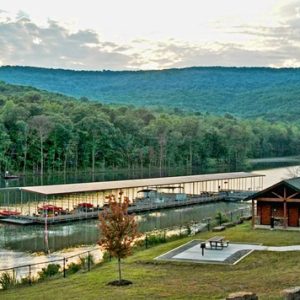 Lake Fort Smith Marina
Lake Fort Smith Marina
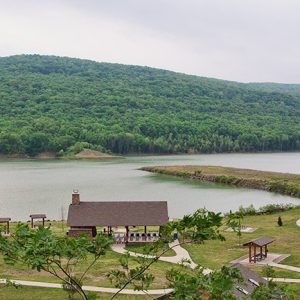 Lake Fort Smith State Park
Lake Fort Smith State Park
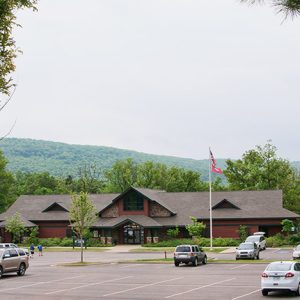 Lake Fort Smith State Park
Lake Fort Smith State Park
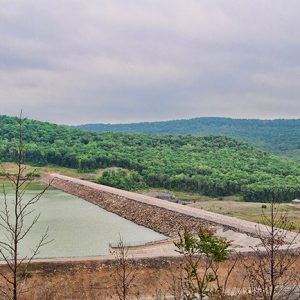 Lake Fort Smith Dam
Lake Fort Smith Dam
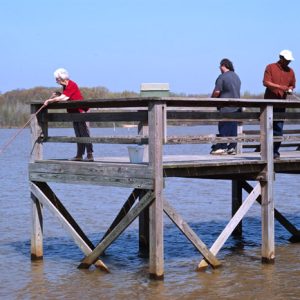 Lake Frierson State Park
Lake Frierson State Park
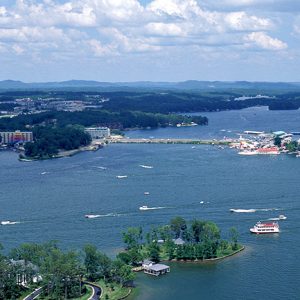 Lake Hamilton
Lake Hamilton
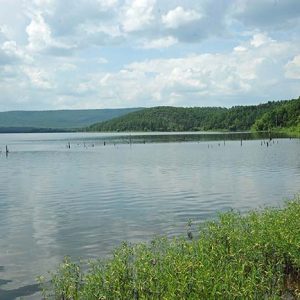 Lake Hinkle
Lake Hinkle
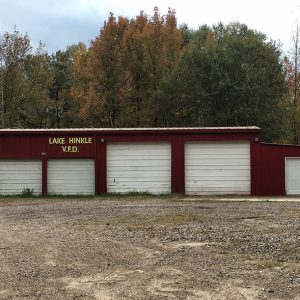 Lake Hinkle VFD
Lake Hinkle VFD
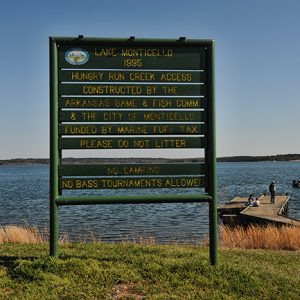 Lake Monticello
Lake Monticello
Lake Nixon
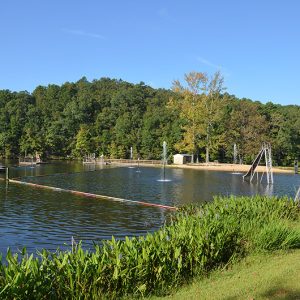 Lake Nixon
Lake Nixon
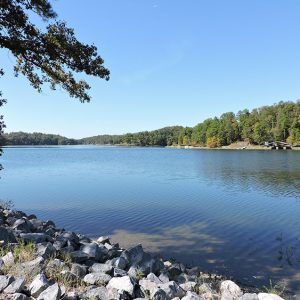 Lake Norrell
Lake Norrell
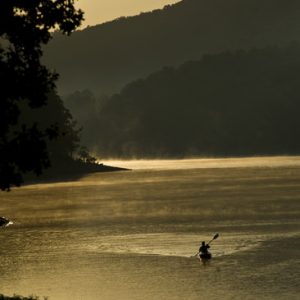 Lake Ouachita State Park
Lake Ouachita State Park
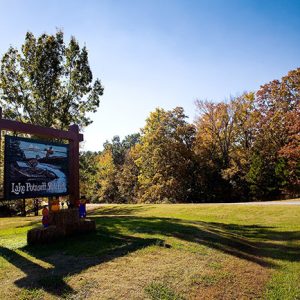 Lake Poinsett State Park
Lake Poinsett State Park
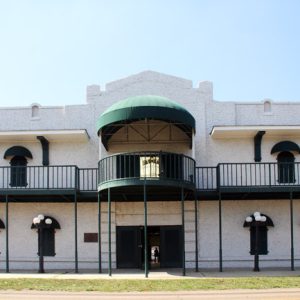 Lake Shore Hotel
Lake Shore Hotel
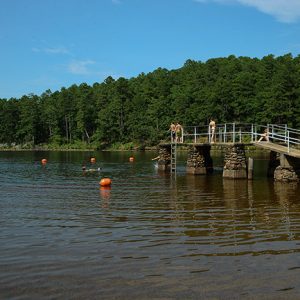 Lake Sylvia
Lake Sylvia
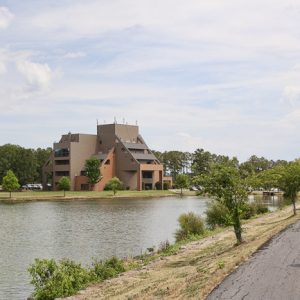 Lake Valencia
Lake Valencia
Lake View School District No. 25 v. Huckabee
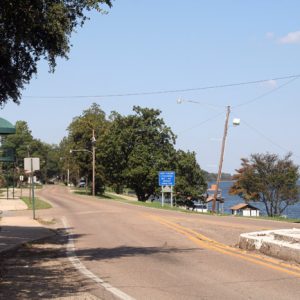 Lake Village
Lake Village
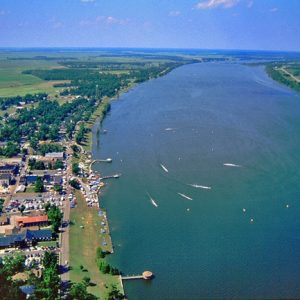 Lake Chicot
Lake Chicot
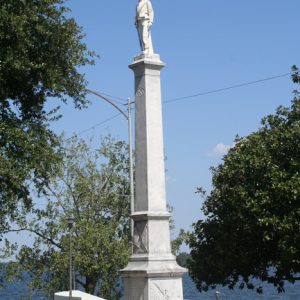 Lake Village Confederate Soldiers Monument
Lake Village Confederate Soldiers Monument
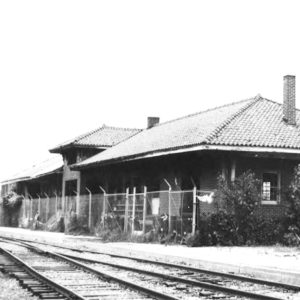 Lake Village Depot
Lake Village Depot
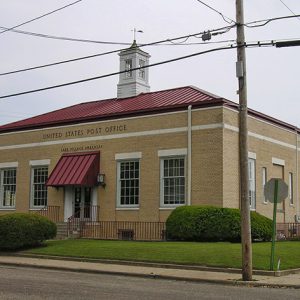 Lake Village Post Office
Lake Village Post Office
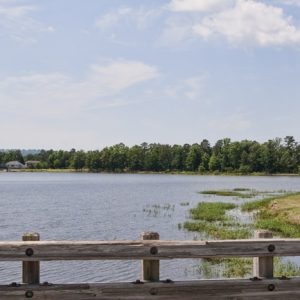 Lake Willastein
Lake Willastein




